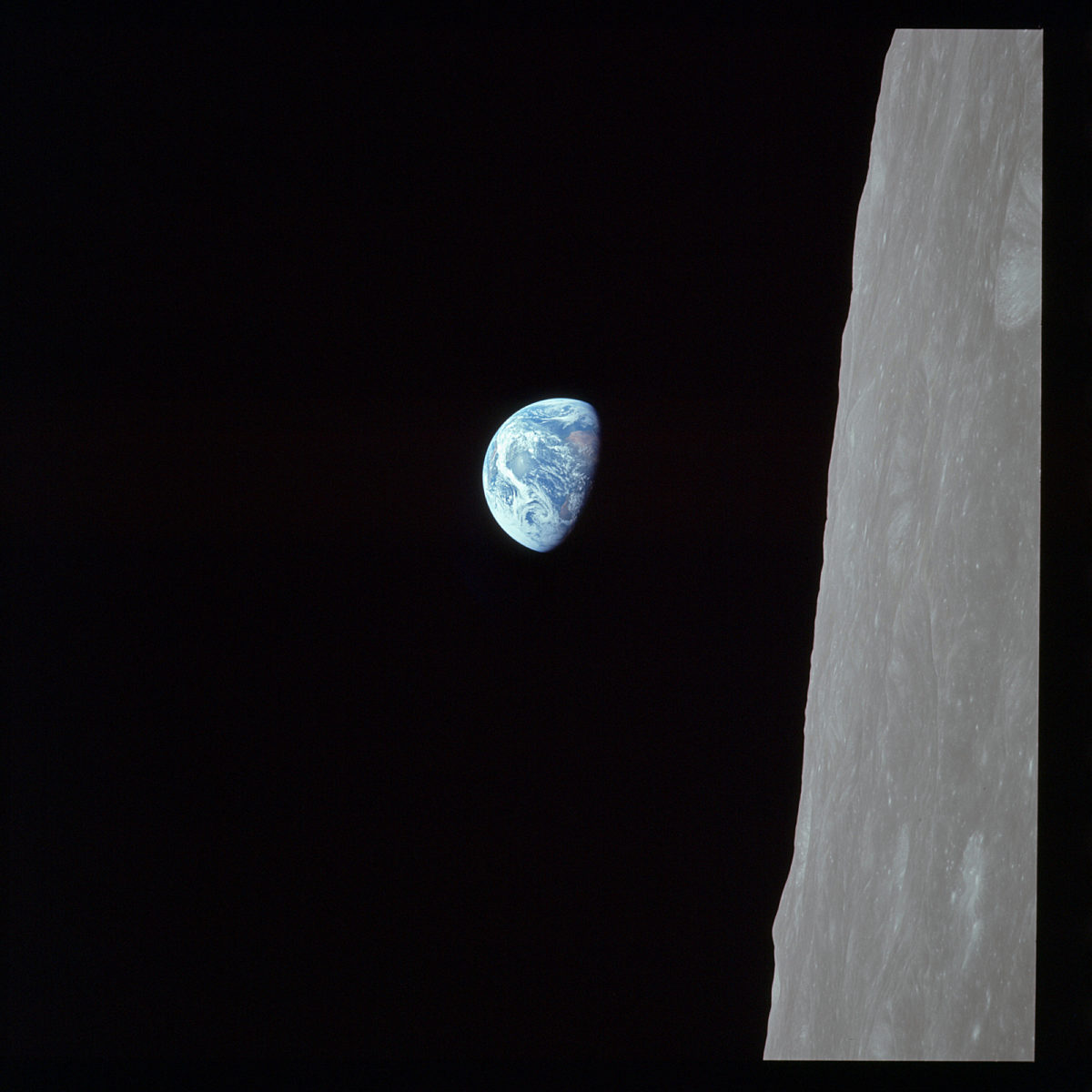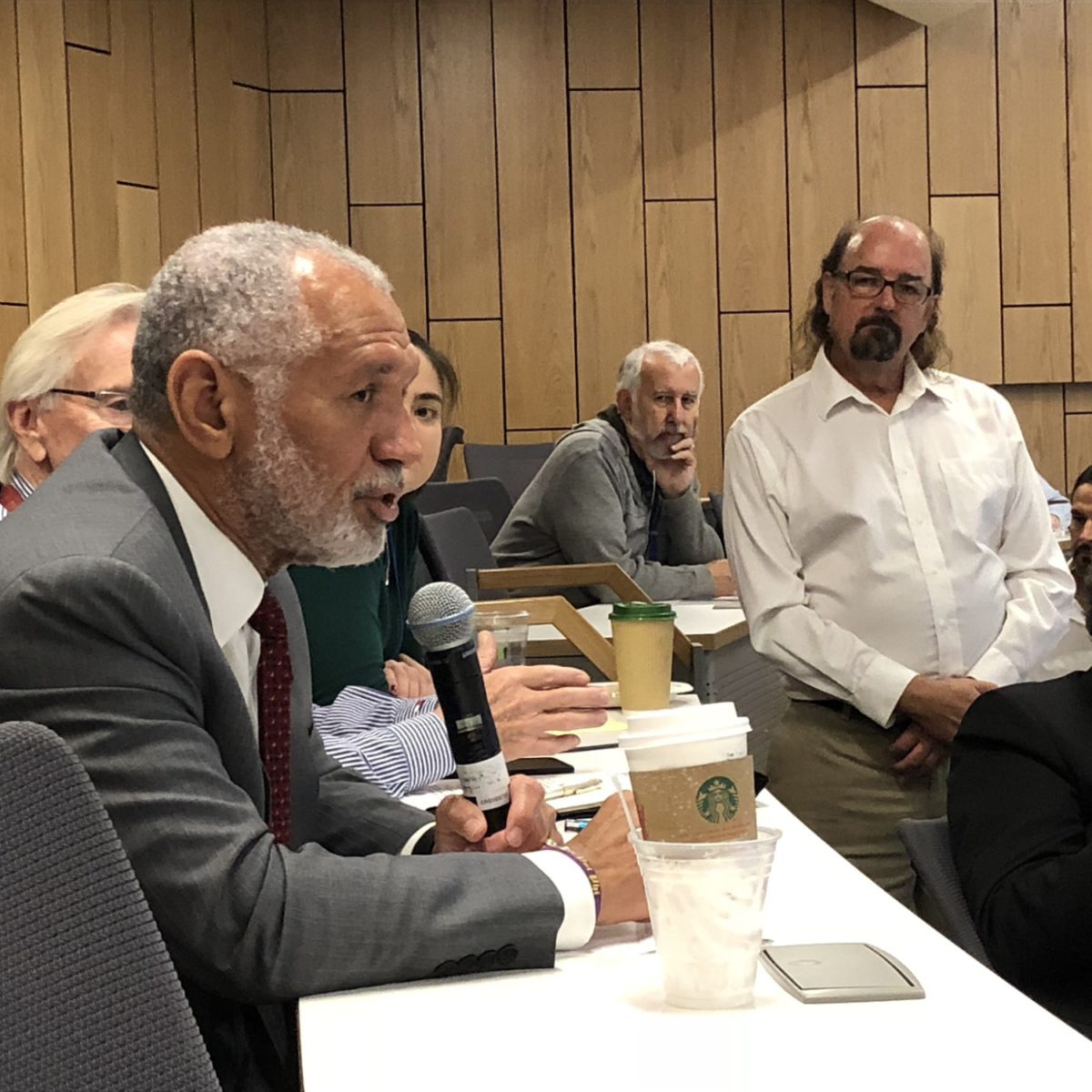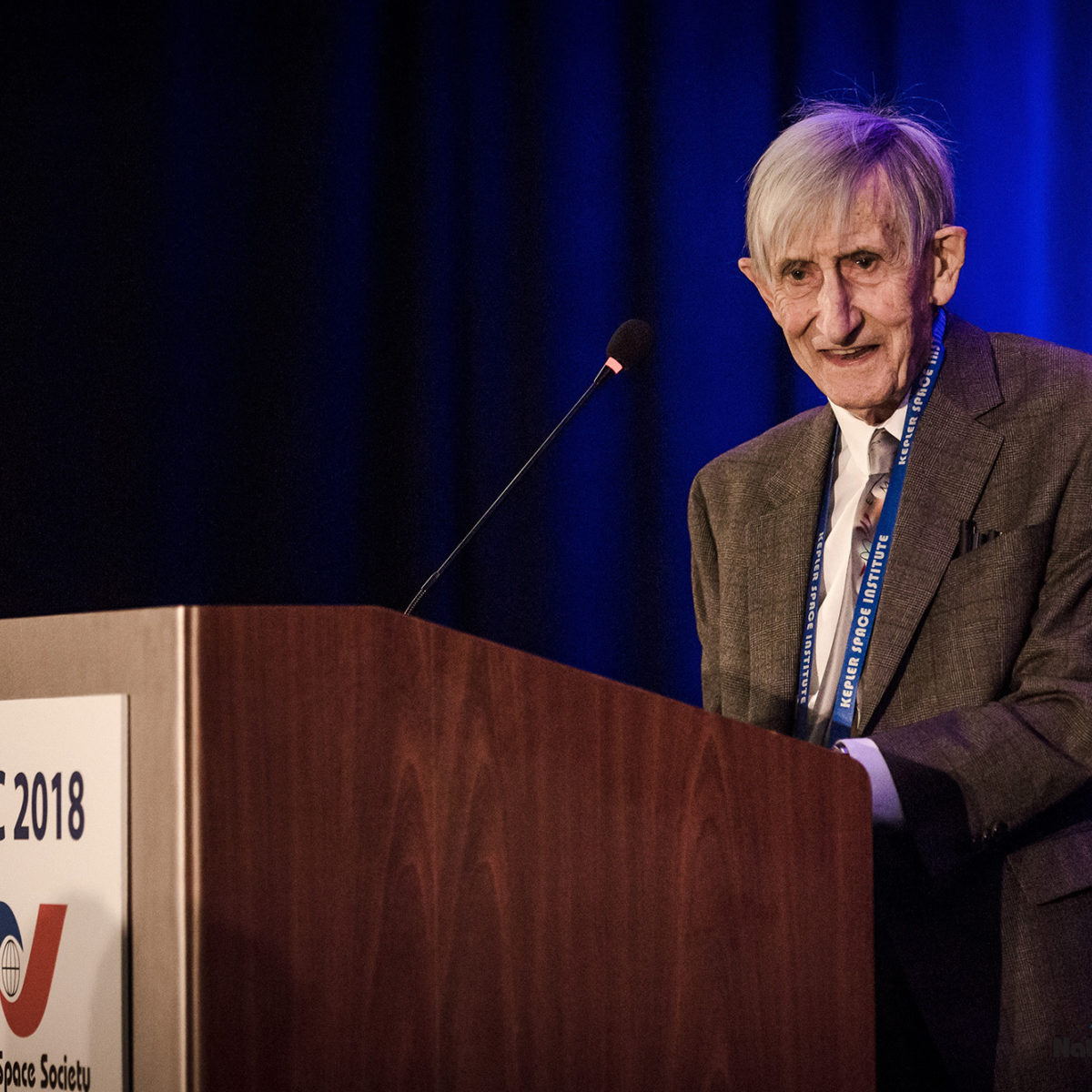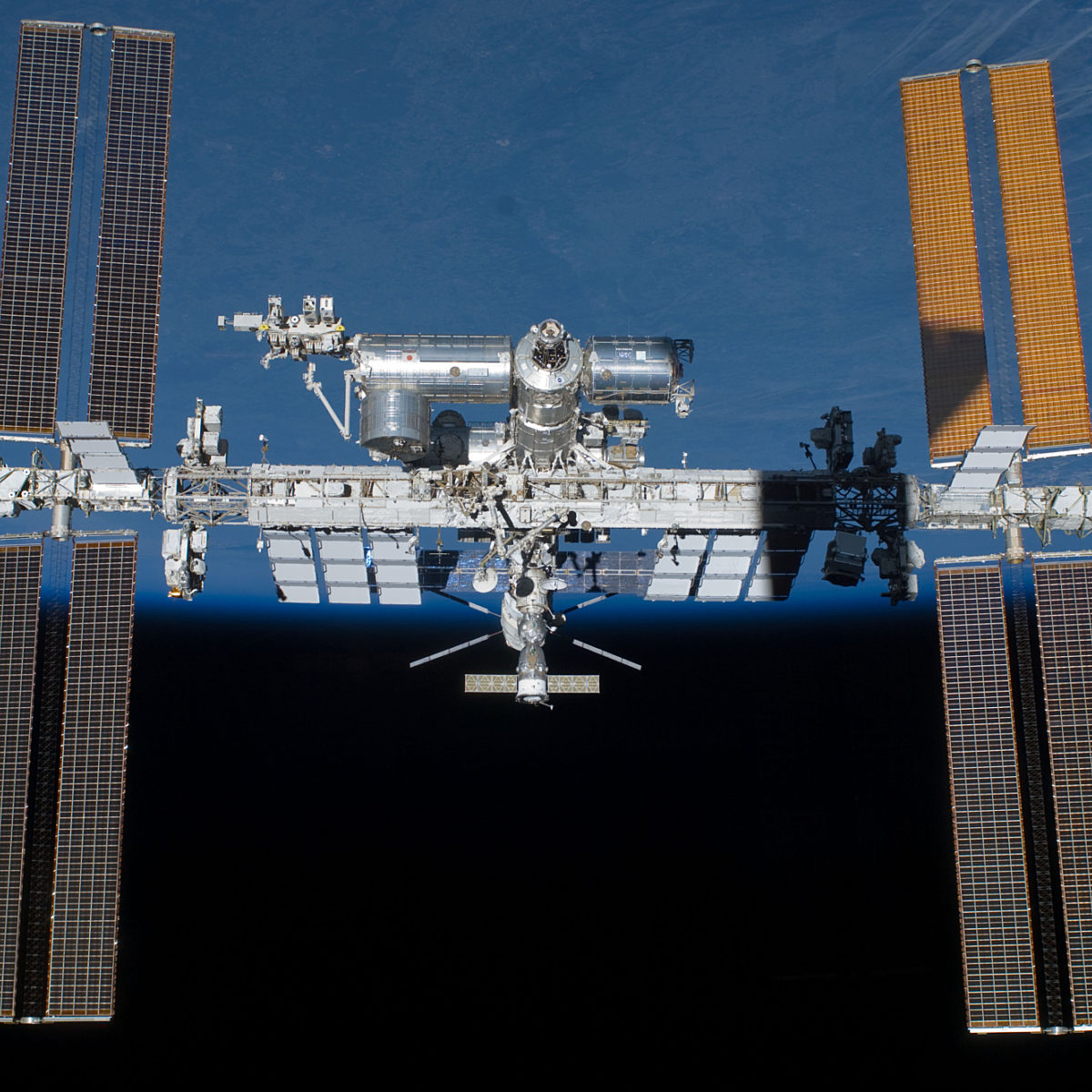Since 2002, Planetary Radio has visited with a scientist, engineer, project manager, advocate, or writer who provides a unique perspective on the quest for knowledge about our Solar System and beyond. The full show archive is available for free.
Search Planetary Radio
The last few days have seen developments that will shape the space exploration plans of Canada and the USA. The Planetary Society’s Kate Howells is a member of Canada’s Space Advisory Board. She reviews the nation’s new space policy.
With missions like Chang’e 4 on the far side of the Moon, China has firmly established itself as a leader in space exploration. Space journalist Andrew Jones helps us explore the nation’s ambitious near and long-term plans.
Historian John Logsdon discusses his new book, Ronald Reagan and the Space Frontier It explores the legacy of the 40th president’s major space policy decisions. We look at four major topics: early efforts at commercializing space, the survival crisis for planetary exploration, the Space Shuttle, and the decision to build the space station.
This is the 50th anniversary of the most audacious space mission in history. Apollo 8 blazed a path for the first moon landing seven months later, and gave a troubled nation reason for hope and pride.
He led NASA for eight years, but not till he had flown on four Space Shuttle missions and enjoyed a long military career. Charlie Bolden talks with Mat about his time at the space agency and where we’re headed on the final frontier.
Canada was the third country in history to launch a satellite into space, but now lags in its space ambitions, capability, and spending. What happened?
You haven’t seen the best pictures from the Apollo era and other great space achievements till you’ve seen them in 3D. Queen guitarist and astrophysicist Brian May is also mad about stereoscopic imagery.
Happy 60th, NASA. In celebration of the space agency’s birthday, we do the audio equivalent of pulling out NASA’s baby book and explore its origin story.
The Dean of space policy, John Logsdon, returns with stories and a new book of original documents that shaped the US space program from the birth of NASA to SpaceX. Planetary Society CEO Bill Nye reports in from this year’s International Astronautical Congress in German, while Senior Editor Emily Lakdawalla wraps up a working tour of New Zealand. Then join Bruce and Mat for this week’s What’s Up.
Mat Kaplan’s Huntsville, Alabama trip wraps up with a tour of the historic and history-making Marshall Space Flight Center. Join him at the control center for research underway on the International Space Station, under a tent where a critical component of the Space Launch System rocket is getting finishing touches, in a conversation about the Fermi spacecraft’s search for the universe’s biggest explosions, and with the Center’s Associate Director for Technical efforts.
The Senate just held a hearing on NASA's efforts to send humans to...Mars? A week later, the same committee advanced legislation to extend the life of the International Space Station to 2030, six years beyond the current end-date and two years beyond the current hardware safety ratings.
Sextants have helped sailors find their way across oceans for centuries. Now one is onboard the International Space Station so that astronauts can learn to find their way across the solar system even if other technologies fail.
There’s so much more to Freeman Dyson than the Dyson Sphere. The mathematician, physicist, futurist and author is one of the greatest and most original minds of our era.
The great adventure awaits! Mat Kaplan hosts an entertaining panel discussion at the 2018 Humans to Mars Summit in Washington DC. Eight guests provide their diverse and inspiring reasons for humans to visit the Red Planet.
After announcing it intends to divest from the International Space Station in 2025, NASA quietly released a new report on its transition plans, laying out a series of principles that will set the future of U.S. astronauts in low-Earth orbit. Can a private entity really take over the space station? Where did this idea come from anyway?
The multi-award winning science fiction author, futurist and speaker returns to Planetary Radio for a wide-ranging conversation about robots and humans in space, empathetic artificial intelligences, how we can survive the Singularity and much more.
He is known for his breakthrough physics and popularizing of science, but Dr. Hawking also wanted to fly in space. Erik Viirre led the medical team that helped Stephen experience weightlessness.
Join Mat Kaplan on a visit to Naval Base San Diego and the USS Anchorage, the amphibious ship that has just completed a round of Orion spacecraft recovery testing and practice.
Mat Kaplan talks with participants in the National Space Society’s recent Space Settlement Summit about human destiny in space.
It may not host an alien “megastructure” but Tabby’s Star still guards many mysteries of science. Astronomer and astrophysicist Tabetha “Tabby” Boyajian leads the worldwide team that is revealing this strange light in the sky.


 Explore Worlds
Explore Worlds Find Life
Find Life Defend Earth
Defend Earth





















